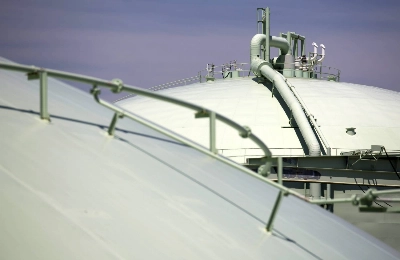Taiwan President Chen Shui-bian may have defused some of his critics Friday by announcing the wording of two referendum questions that will be put to voters in March. This move should end some speculation about the referendum, but questions about Mr. Chen's long-term intent remain.
Voters will be asked (1) whether Taiwan should acquire advanced antimissile weapons if China refuses to withdraw the nearly 500 missiles that it has aimed at the island, and (2) whether Taipei should negotiate with China to establish a "peaceful, stable framework for interaction." It is hard to see how anyone could object to either proposition.
If the answers seem obvious, it is because Mr. Chen has been stung by recent U.S. criticism of him as a troublemaker who aims to change the status quo prevailing across the Taiwan Strait. Rather than risk alienating Washington -- and the voters who would punish him for jeopardizing relations with Taiwan's most important ally -- he has reportedly watered down the questions.
While the new questions do not seem provocative, they do beg the question: What is the point of it all? There is an immediate political concern. Mr. Chen cannot give up the call for a referendum without losing face. He has said he would rather lose the election than do that. Sticking to his promise appeals to nationalists and independence-minded voters who otherwise have become disillusioned with his policies. Others see the president as establishing a precedent that will allow him to revisit more controversial topics in the future.
If he wins re-election in March, Mr. Chen may risk China's ire by calling for a referendum on Taiwan's future status. That would not serve Taiwan's interests, or that of the region and Taipei's allies.
















With your current subscription plan you can comment on stories. However, before writing your first comment, please create a display name in the Profile section of your subscriber account page.